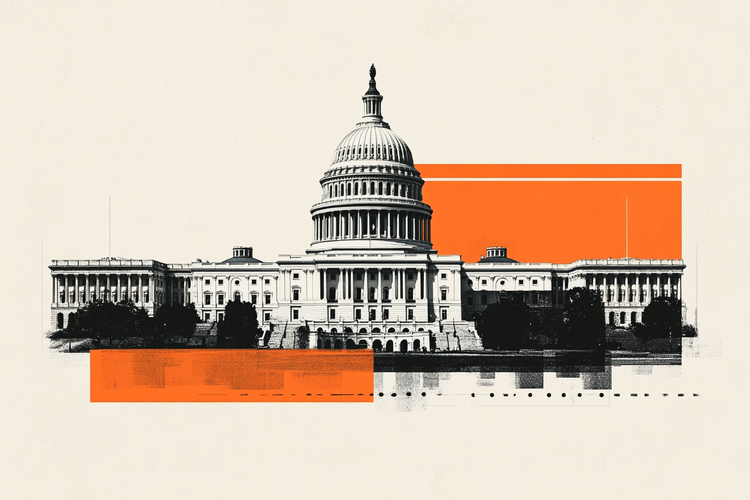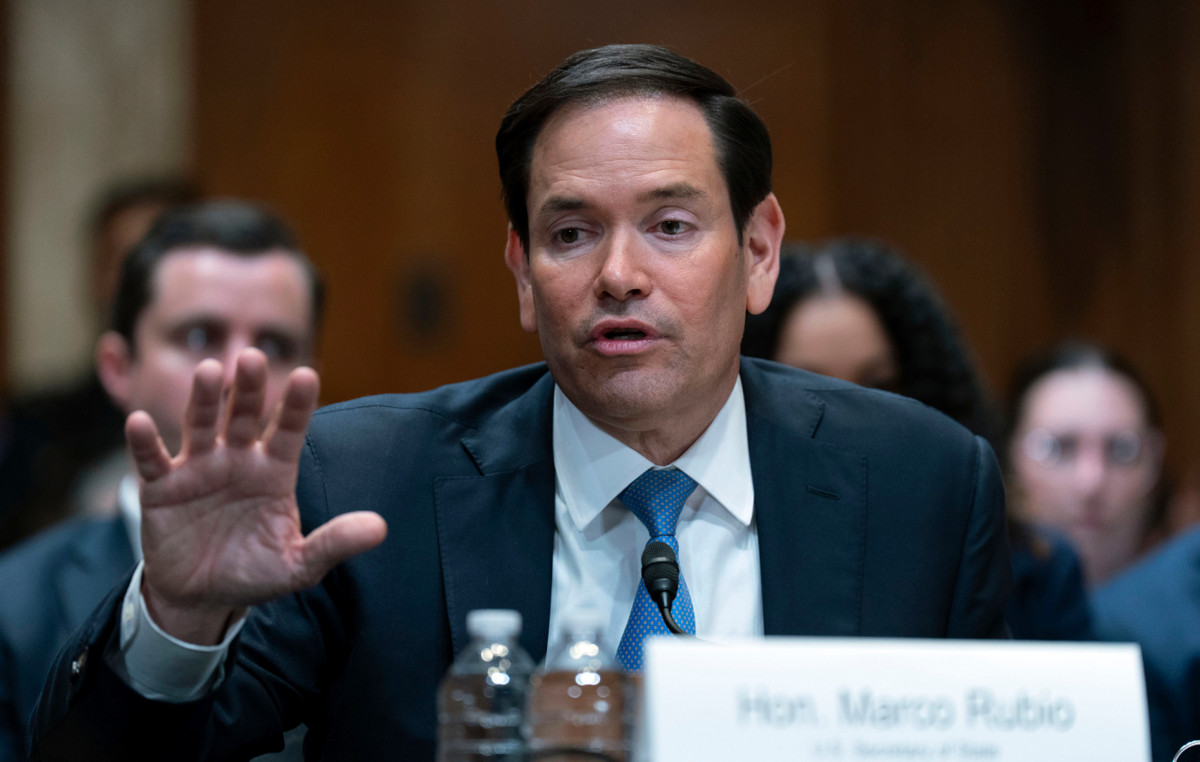Ukrainian President Volodymyr Zelensky is like the moral conscience of the West, with his daily video commentary highlighting his country’s heroism in resisting a Russian invasion that evolved into murderous attacks on civilians.
However, by making it impossible to look away from his nation’s agony, Zelensky is increasingly stepping headlong into the harsh reality of war: President Joe Biden and European leaders face political and geopolitical limits (the so-called red lines) that Russian President Vladimir Putin, a nuclear-armed tyrant, simply does not have in his relentless destruction.
Rising oil prices are also playing into the parallel war equation: Will Western pressure strangle the Russian economy and force Putin to retreat before Ukraine and its people are destroyed or driven into a mass exodus? And how long can public opinion in the US and Europe hold out?
Zelensky’s moving appeals had lawmakers in the US and Europe wept over video calls, woken up from their post-Cold War slumber in the West and captivated the world with his defense of democracy. He is the antagonist of Putin’s cruelty. If one man changed the world, few did it as quickly as Zelensky.
In the latest video message in his nearly three-week campaign to inspire and shame the West to save its non-NATO nation, Zelensky left his bunker and appeared defiantly in his presidential office, praising Ukrainians protesting the troops. russians.
“They say, ‘I’m here, it’s mine, and I’m not leaving. My city. My community. My Ukraine,’” Zelensky said in the message broadcast on Monday night (7).
The daily episodes of the comedian-turned-tragic-hero chronicling Putin’s attempt to destroy Ukraine injected steel into the global effort to turn Russia into a pariah, something that went further and faster than expected. Zelensky has effectively lured the West into an indirect war with Moscow, as the US and allies funnel anti-tank and anti-aircraft rockets into Ukraine. International sanctions have pulverized the Russian economy, driven the country’s currency, the ruble, to record lows and could end up stoking resentment against Putin within Russia and jeopardizing its ability to supply and reinforce its troops in Ukraine. Oligarchs around the Russian leader have had their jets, superyachts and fortunes confiscated by the West in an effort to increase pressure within the Russian leader’s regime.
But almost two weeks after the invasion began, the West is starting to question what are the options for intensifying economic warming in Russia, avoiding a parallel military escalation.
And there are growing signs that, for all his heroism, Zelensky may be facing the West’s prudent desire to avoid triggering the worst-case scenario that could lead to a third world war.
Zelensky, however, has not given up on the US president, saying in an interview with ABC’s “World News Tonight with David Muir” on Monday: “I’m sure the president can do more. I’m sure he can and I want to believe it. He is capable of doing that.”
“Everyone thinks we’re far from America or Canada. No, we are in this zone of freedom,” Zelensky said in the interview, noting how the war in Ukraine could soon affect the rest of the world as well. “When the limits of rights and freedoms are being violated and trampled underfoot, you have to protect us. Because we will be the first. You will come second. Because the more that animal eats, the more and more it wants.”
No no-fly zone
Even so, Zelensky’s repeated calls for a no-fly zone were rejected by Western powers desperate to avoid a direct confrontation with Russian forces.
On Monday, during a tour of NATO member countries in the Baltic, US Secretary of State Antony Blinken categorically explained why a mission to protect Ukrainian airspace will not take off.
“It means that if a Russian plane breaches the declared zone, we shoot it down. And that carries the considerable risk of creating a direct conflict between our countries and Russia, and therefore a wider war, which is in no one’s interest,” he declared.
Zelensky’s appeal was for former Warsaw Pact states to supply Cold War-era warplanes to Ukraine that their pilots were already trained to fly. He asked US lawmakers over the weekend to send jets.
But that plan may be losing steam amid fears that Putin’s fury at Soviet-era fighter jets firing at Russian troops could drag Eastern European NATO countries into the war. The Polish prime minister’s chancellery wrote in a tweet on Sunday that “Poland will not send its fighter jets to Ukraine” or allow the country to use its airports. And White House press secretary Jen Psaki on Monday played down the idea that the US could quickly “supply” the Polish Air Force with its own jets if the Polish government sent jets to Ukraine.
“There is a NATO air base in Poland. If planes depart from there, this could be a challenging circumstance. What are the other options and where do they land?” commented Psaki. “We are certainly not impeding, blocking or discouraging Poland. But it’s not as easy as just moving planes.”
His comments were the latest sign that while the West has imposed extreme punishment on Russia in a bid to save Ukraine, its leaders remain wary of sparking a war that could escalate into a disastrous nuclear standoff.
export ban
Another option discussed in recent days to tighten the siege around Putin was a ban on Russian oil and gas exports. Paradoxically, the sanctions that have helped soar oil prices are sending more money into Moscow’s coffers to help it fight the war and at least avoid some of the impact of those sanctions. Thus, the idea of a ban on Russian oil purchases is highly attractive to the US government, especially since Russian oil accounted for less than 2% of all US oil imports in December.
Zelensky has made his own call for a boycott of Russian energy. He called, “in particular, for the rejection of oil and petroleum products from Russia” in a video statement on Monday. “This can be called an embargo. Or just morality — the refusal to give money to a terrorist.”
However, his appeal appears to be a very big step for Europe, which has been heavily criticized in Washington for decades of policies that have made it dependent on Russian oil and gas and vulnerable to extortion at a time of heightened international tensions.
German Chancellor Olaf Scholz is drawing a line. The new leader previously pleased American leaders with his willingness to turn decades of Berlin foreign policy to punish Russia’s invasion of Ukraine — including sending offensive weapons into a conflict zone and disrupting the Nord Stream 2 pipeline.
But Scholz said on Monday that Russian energy was an “essential imperative” for Europe. Hungary has also said it will not support a ban on Russian oil and gas. Russians account for 40% of the European Union’s gas needs and 27% of its oil imports.
There is strong support in the US Congress for legislation currently being drafted to ban Russian oil imports. But any unilateral action would likely be somewhat symbolic unless Europe joined.
Leveling sanctions directly on Russian oil could be a bigger deal because it would prevent countries around the world from using it if they didn’t want to run afoul of these measures. But given Russia’s size as an oil producer – and dependence on Europe – the financial and political consequences could be enormous.
rogue list
The Russian oil conundrum has prompted the Biden administration to reconsider its list of global pariahs in its effort to punish Putin.
Natasha Bertrand, from CNN, reports that US officials were in Venezuela over the weekend for talks on allowing a nation under sanctions for suppressing democracy to sell its oil on international markets to ease rising prices. A possible new international nuclear deal with Iran – to replace the one destroyed by then-President Donald Trump – could have a similar effect. And Biden could travel to Saudi Arabia, a critical leader in oil production, this year even after he kept Crown Prince Mohammed bin Salman at bay after the kingdom was accused of murdering and dismembering The Washington Post columnist Jamal Khashoggi. in 2018.
Each of these queries has its own internal logic. But the importance of these nations to global oil production has given them new relevance and openings after the Russian invasion of Ukraine.
Biden and European leaders faced with high energy prices have domestic political constraints. In the United States, gasoline prices hit a record $4.14 a gallon on Monday, a dangerous threshold for Biden and other Democrats in an election year. midterm. While there has been strong support in polls for sanctions on Russia, the massive increases in gas prices will be a new test for public opinion.
While Republicans have largely supported Biden’s hard line on Putin, they are not giving him a break on gas prices, arguing that he has set the US up for failure by trying to transition to a favorable low-carbon policy. to the weather.
Politicians have also seized on suggestions that the US can talk to its enemies in an effort to convince them to produce more oil to further isolate a bigger enemy in Putin.
Senator Rick Scott of Florida, who runs the Republican campaign arm of the Senate, said Monday: “We must stop importing Russian oil, period. And we shouldn’t go to Venezuela. … When are we going to learn that we can’t trust these thugs?”
The growing controversy in Washington is a warning sign for Zelensky and will also be noticed in Moscow.
The longer the war in Ukraine lasts, the greater the chance that political and strategic pressure will also build up in the capitals of NATO countries. Ukraine’s fate can boil down to a bitter question: which resists longer, the country’s courageous people and their president, the Russian economy, or Western public opinion and leaders’ tolerance for increased tension with a president. Russian making nuclear threats?
Source: CNN Brasil
I’m James Harper, a highly experienced and accomplished news writer for World Stock Market. I have been writing in the Politics section of the website for over five years, providing readers with up-to-date and insightful information about current events in politics. My work is widely read and respected by many industry professionals as well as laymen.







